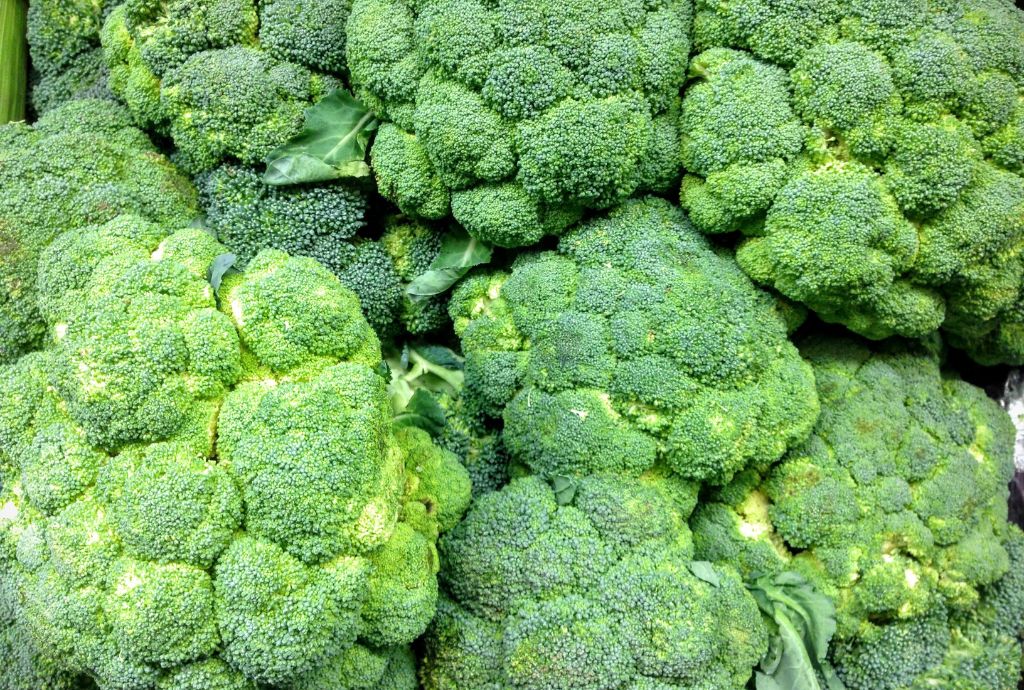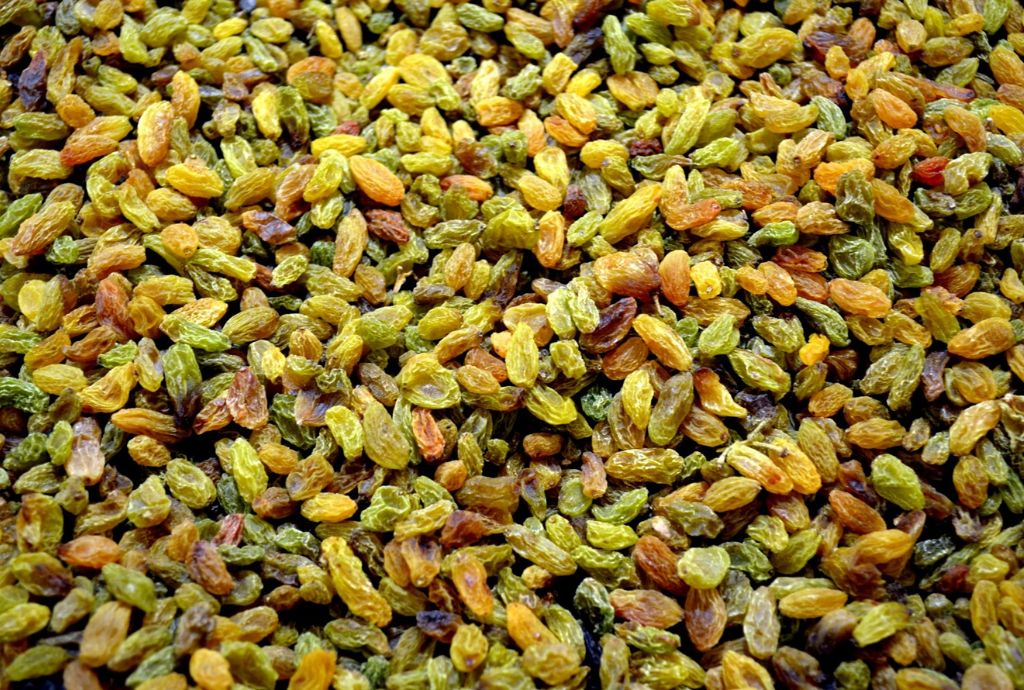
Chickens are known for their diverse diet, but when it comes to broccoli, many poultry enthusiasts are left wondering, “Can chickens eat broccoli?” The answer is a resounding yes. Broccoli is not only safe for chickens to eat, but it also offers numerous nutritional benefits that can enhance their health and well-being. Packed with vitamins, minerals, and antioxidants, broccoli can be a valuable addition to your chickens’ diet, promoting strong immune systems and vibrant plumage.
Feeding your flock a variety of vegetables, including broccoli, can help ensure they receive a well-rounded diet. However, there are a few things to keep in mind to ensure your chickens reap the benefits without any adverse effects. In this comprehensive guide, we will delve into the specifics of how to safely incorporate broccoli into your chickens’ diet, explore its nutritional benefits, and provide practical tips for feeding.
Table of Contents
Nutritional Benefits of Broccoli for Chickens
Vitamins and Minerals
Broccoli is a powerhouse of essential vitamins and minerals that can significantly benefit your chickens. It is rich in vitamins A, C, and K, which are crucial for maintaining overall health. Vitamin A is essential for good vision and immune function, vitamin C acts as an antioxidant to protect cells from damage, and vitamin K is necessary for proper blood clotting and bone health. Additionally, broccoli contains calcium, iron, and potassium, which are vital for bone development, oxygen transport, and muscle function.
Antioxidants and Immune Support
The antioxidants found in broccoli, such as beta-carotene and selenium, play a pivotal role in supporting your chickens’ immune system. These compounds help combat oxidative stress, reducing the risk of infections and diseases. By incorporating broccoli into your chickens’ diet, you can enhance their natural defenses, leading to a healthier and more resilient flock.
Digestive Health
Broccoli is high in dietary fiber, which promotes healthy digestion in chickens. Fiber aids in regulating the digestive process, preventing issues such as constipation and ensuring the smooth passage of food through the gut. This can be particularly beneficial for chickens that are prone to digestive disorders. Moreover, the natural enzymes in broccoli can aid in breaking down food, making it easier for chickens to absorb nutrients.
How to Safely Feed Broccoli to Chickens
Preparation and Serving Size
To ensure your chickens can safely enjoy the benefits of broccoli, it is important to prepare it properly. Start by washing the broccoli thoroughly to remove any pesticides or dirt. You can then chop it into small, manageable pieces to make it easier for the chickens to eat. It is advisable to introduce broccoli gradually into their diet to monitor how they react and to prevent any digestive upsets.
Fresh vs. Cooked Broccoli
Both fresh and cooked broccoli can be fed to chickens, but each has its advantages. Fresh broccoli retains more of its natural vitamins and minerals, making it the preferred option. However, cooking broccoli can make it softer and easier to digest, especially for younger or older chickens. If you choose to cook the broccoli, avoid adding any seasoning or oils that could be harmful to your flock.
Moderation is Key
While broccoli is highly nutritious, it should be fed in moderation. Overfeeding broccoli can lead to digestive issues due to its high fiber content. It is best to offer broccoli as part of a balanced diet, complemented by other vegetables, grains, and a high-quality chicken feed. This ensures your chickens receive all the nutrients they need without the risk of any adverse effects.
Incorporating broccoli into your chickens’ diet can provide them with a wealth of health benefits, from improved immune function to better digestion. By following the guidelines outlined in this article, you can confidently answer the question, “Can chickens eat broccoli?” with a yes, knowing you are contributing to the well-being of your flock.
Additional Benefits of Broccoli for Chickens
Enhancing Feather Quality
Feather quality is an important indicator of a chicken’s health, and broccoli can play a significant role in this aspect. The presence of sulfur compounds in broccoli helps in the production of keratin, the protein that makes up feathers. Regular consumption of broccoli can lead to shinier, stronger, and more vibrant feathers, making your flock look healthy and well-cared for. This is particularly beneficial during molting season when chickens need extra nutrients to regrow their feathers.
Weight Management
Broccoli is low in calories but high in nutrients, making it an excellent choice for weight management in chickens. Chickens that are overweight or prone to obesity can benefit from the high fiber content of broccoli, which helps them feel full without consuming excessive calories. Maintaining a healthy weight is crucial for preventing various health issues, such as fatty liver disease and reproductive problems.
Boosting Egg Production
For egg-laying hens, broccoli can be a valuable addition to their diet. The vitamins and minerals found in broccoli, especially calcium and vitamin D, are essential for strong eggshell formation. Ensuring your hens receive adequate calcium can prevent problems like soft-shelled or brittle eggs. Additionally, the overall nutritional boost from broccoli can contribute to higher egg production rates and better egg quality.
Tips for Introducing Broccoli to Your Chickens
Gradual Introduction
When introducing broccoli to your chickens’ diet, it is important to do so gradually. Start by offering small pieces and observe how your flock reacts. Some chickens may take to it immediately, while others might need some time to get used to the new food. Gradual introduction helps prevent any potential digestive issues and allows you to monitor their acceptance of broccoli.
Mixing with Other Foods
To make broccoli more appealing to your chickens, consider mixing it with other favorite foods. Combining broccoli with grains, seeds, or other vegetables can make it more enticing and encourage your flock to eat it. You can also sprinkle chopped broccoli over their regular feed as a way to introduce it slowly.
Observing Your Chickens
Pay attention to your chickens’ behavior and health after introducing broccoli. Look for any signs of digestive upset, such as diarrhea or changes in appetite. If any adverse reactions occur, reduce the amount of broccoli and consult with a poultry nutritionist or veterinarian for further advice.
Common Questions About Chickens and Broccoli
Can Baby Chicks Eat Broccoli?

Yes, baby chicks can eat broccoli, but it should be introduced with caution. Chicks have sensitive digestive systems, so it is best to offer very small, finely chopped pieces. Start with tiny amounts mixed with their regular starter feed and gradually increase as they grow older and their digestive systems mature.
Can Chickens Eat Broccoli Leaves and Stems?
Chickens can eat both broccoli leaves and stems. In fact, these parts of the plant are also packed with nutrients. Broccoli leaves contain high levels of calcium and vitamin A, while the stems provide additional fiber. Ensure that the leaves and stems are cut into small, manageable pieces to prevent choking and to make them easier to eat.
Are There Any Risks to Feeding Broccoli to Chickens?
While broccoli is generally safe for chickens, overfeeding can cause digestive upset due to its high fiber content. It is important to balance their diet with a variety of foods to ensure they receive all necessary nutrients. Additionally, always wash broccoli thoroughly to remove any pesticides or contaminants.
Alternative Vegetables for a Balanced Chicken Diet
Carrots
Carrots are another excellent vegetable to include in your chickens’ diet. They are rich in beta-carotene, which converts to vitamin A in the body, promoting good vision and a healthy immune system. Carrots also provide dietary fiber, which aids in digestion. You can offer carrots raw, shredded, or cooked, ensuring they are cut into small, manageable pieces for easy consumption.
Spinach
Spinach is packed with vitamins A, C, and K, along with minerals like iron and calcium. It supports overall health, bone strength, and blood health in chickens. Spinach can be served fresh or lightly steamed to make it more palatable. However, due to its high oxalic acid content, spinach should be fed in moderation to prevent potential calcium absorption issues.
Peas
Peas are a great source of protein, vitamins, and minerals. They contain vitamins A, B6, C, and K, as well as iron and manganese. Peas can be served fresh or cooked, and chickens generally enjoy pecking at them. Incorporating peas into your chickens’ diet can provide an additional protein boost, which is particularly beneficial for growing chicks and laying hens.
Zucchini
Zucchini is a hydrating and nutritious vegetable for chickens. It contains vitamins A, C, and several B vitamins, along with minerals like potassium and manganese. Zucchini is also low in calories and high in water content, making it a refreshing treat during hot weather. It can be served raw, chopped into small pieces, or cooked.
Sweet Potatoes
Sweet potatoes are rich in vitamins A and C, along with dietary fiber and antioxidants. They promote healthy skin, feathers, and immune function in chickens. Sweet potatoes can be cooked and mashed, or you can offer small, cooked chunks. Avoid feeding raw sweet potatoes as they can be hard to digest.
The Importance of a Varied Diet
A varied diet is crucial for maintaining the health and well-being of your chickens. While vegetables like broccoli, carrots, spinach, peas, zucchini, and sweet potatoes offer numerous benefits, they should be part of a balanced diet that includes grains, seeds, and high-quality poultry feed. Each component of the diet provides different nutrients, ensuring that your chickens receive all the essential vitamins, minerals, and proteins they need.
Creating a Feeding Schedule
Developing a feeding schedule can help ensure that your chickens receive a well-rounded diet without overconsumption of any single food. A typical feeding schedule might include a base of high-quality chicken feed, supplemented with a variety of vegetables and grains. Here is a sample feeding schedule:
- Morning: Chicken feed mixed with a small amount of chopped vegetables (e.g., broccoli, carrots).
- Afternoon: Fresh greens like spinach or zucchini.
- Evening: A treat of grains or seeds, along with a protein source like peas.
Monitoring Health and Adjusting Diet
Regularly monitor your chickens’ health and adjust their diet as needed. Look for signs of good health, such as bright eyes, shiny feathers, and active behavior. If you notice any issues, such as changes in egg production, feather quality, or overall energy levels, consider adjusting their diet and consulting with a poultry nutritionist or veterinarian.
Conclusion
Feeding your chickens a diverse and balanced diet is key to their health and productivity. Including vegetables like broccoli, carrots, spinach, peas, zucchini, and sweet potatoes can provide essential nutrients and improve their overall well-being. Remember to introduce new foods gradually, monitor their health, and maintain a varied diet to ensure your flock thrives. By doing so, you can enjoy the benefits of healthy, happy chickens that produce high-quality eggs and exhibit vibrant plumage.



